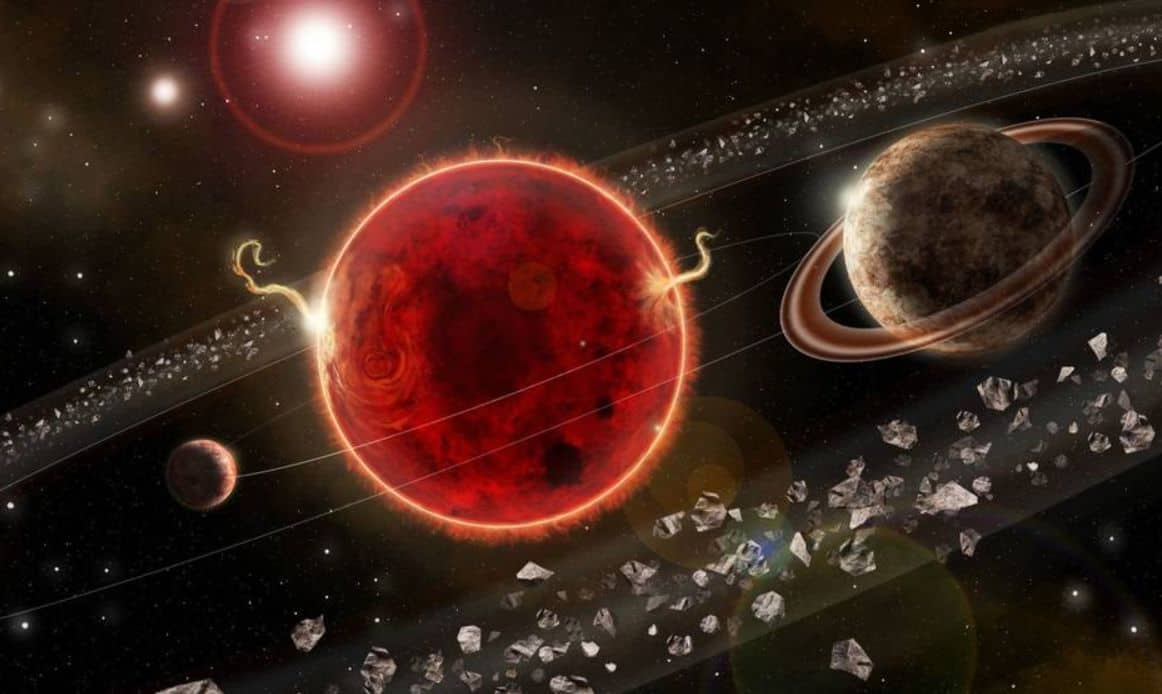The theory that we are not alone in the universe is gradually being confirmed. A new study shows that other stars, similar to the Sun, could have up to seven planets with conditions similar to Earth and with the possibility of harbouring life.
The search for life in outer space is usually focused on what scientists call the “habitable zone,“ which is the area around a star in which an orbiting planet could have oceans of liquid water, a condition for life as we know it.
Scientists from the University of California at Riverside (United States), led by astrobiologist Stephen Kane, had been studying a nearby solar system called Trappist-1, which has three Earth-like planets in its habitable zone
The special thing about the solar system
“This made me wonder about the maximum number of habitable planets it’s possible for a star to have, and why our star only has one,” Kane said. “It didn’t seem fair!”
“IMore than seven, and the planets become too close to each other and destabilize each other’s orbits”
His team created a model system in which they simulated planets of various sizes orbiting their stars. An algorithm took gravitational forces into account and helped test how planets interacted with each other for millions of years.
In their study, published in the scientific journal ‘Astronomical Journal‘, they discovered that it is possible for some stars to support up to seven and that a star like our Sun could potentially support six planets with liquid water.
“More than seven, and the planets become too close to each other and destabilize each other’s orbits,” Kane explains in statements collected by Phys.org.
Why then does our solar system only have one habitable planet if it is capable of supporting six? The planets’ orbit, circular rather than oval or irregular, minimizes any close contact, but the key for Kane resides in Jupiter, which has a mass two and a half times that of all the other planets in the solar system combined, limiting habitability in our system by disturbing other orbits.
Information on the evolution of the planets
Currently, only a few stars are known to have multiple planets in their habitable zones. Kane’s goal is to search for additional stars completely surrounded by smaller planets and obtain direct images with NASA telescopes, such as the one of the Habitable Exoplanet Observatory of the Jet Propulsion Laboratory.
“By measuring the properties of exoplanets whose evolutionary pathways may be similar to our own, we gain a preview into the past and future of this planet—and what we must do to main its habitability.”
Beta CVn, which is relatively close, 27 light-years away, has been one of the stars identified. Since it does not have a Jupiter like a planet, it will be included as one of the stars that could host multiple planets in its habitable zone.
“Although we know Earth has been habitable for most of its history, many questions remain regarding how these favourable conditions evolved with time, and the specific drivers behind those changes,” adds Kane. “By measuring the properties of exoplanets whose evolutionary pathways may be similar to our own, we gain a preview into the past and future of this planet—and what we must do to main its habitability.”
